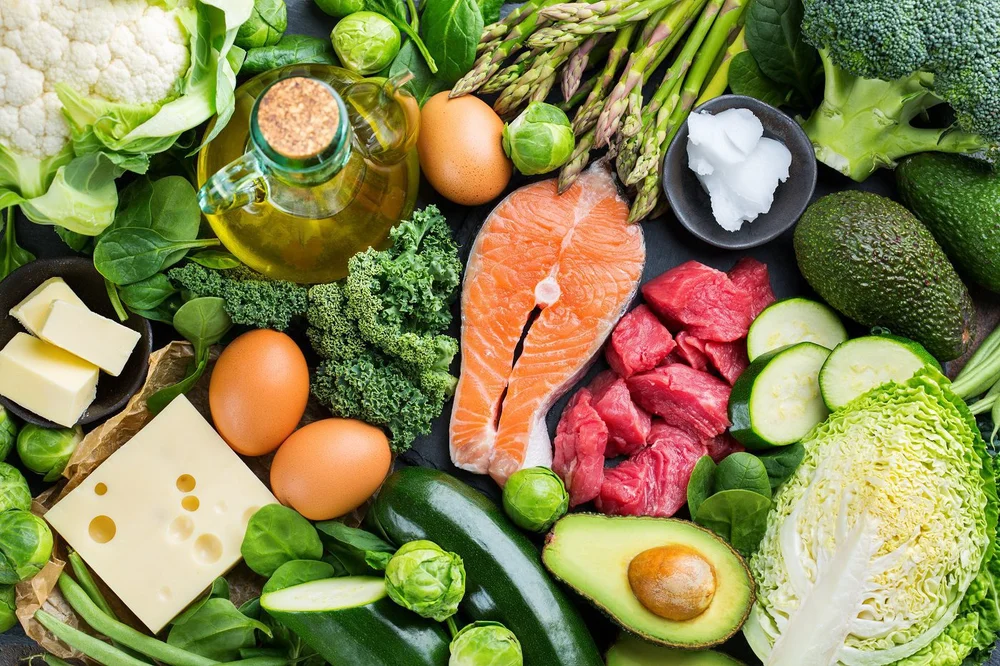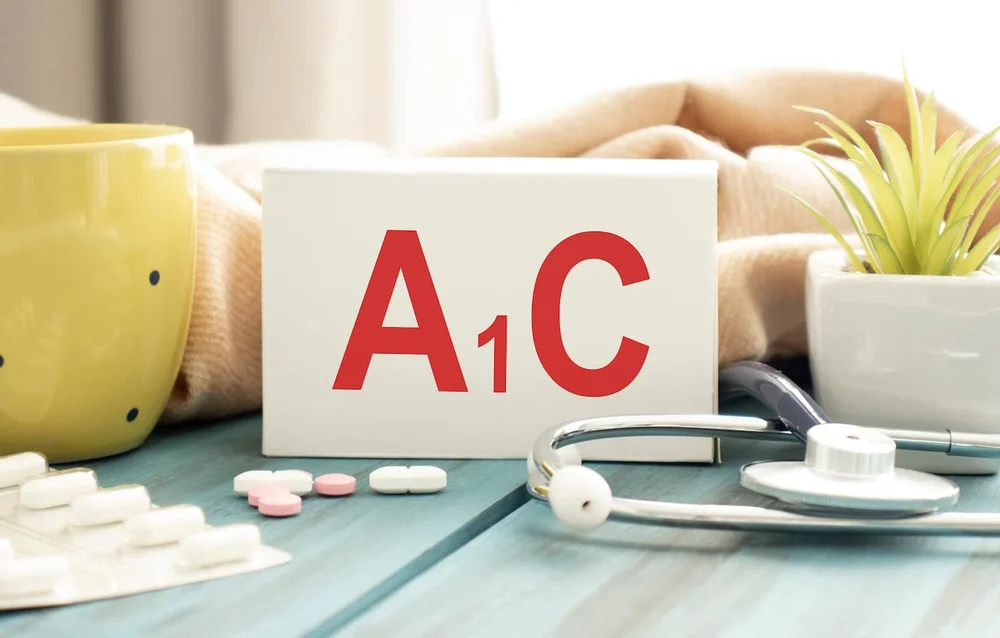Protein Benefits: One of the Best Ways to Boost Your Brain and Body
We’re constantly being bombarded with changing and conflicting information about diet and nutrition from news outlets, social media, doctors, and books. This can muddy the waters in terms of grasping the solid tenets of diet and health.
However, one nutritional recommendation has remained constant: consume adequate amounts of lean protein.
A remarkable macronutrient, protein deserves all the positive attention it gets. Here’s why…
Protein 101
There are many reasons why protein is good for you. For starters, it performs many critical functions in your body. The human body contains about 100,000 types of proteins made up from different combinations of 20 amino acids.
Among their many duties, proteins catalyze biochemical reactions and serve as chemical messengers, make up (and repair) your body’s hard and soft structure, bolster immune function, balance fluids and pH, transport and store nutrients, and more.
Protein is literally in every cell of your body.
Of the 20 amino acids your body uses to make proteins, it can synthesize 11 of them. They’re non-essential amino acids. However, nine of them must come from your diet. They’re essential amino acids.
Animal sources of protein contain all nine of these amino acids, making them a complete protein. Plant sources generally contain any number of them, but not all nine (with a few exceptions such as soy, quinoa, Brazil nuts, buckwheat, hempseed, chia seed, etc.).
When we eat protein and get the nine essential amino acids, our brain and body can perform all the functions listed above and deliver all the benefits listed below.
5 Ways High-quality Protein Benefits Your Brain & Body
Here are five ways consuming adequate protein can benefit you.
Protein is important to consume at each meal (or snack) as it helps to balance blood sugar levels, especially when combined with healthy fats and/or quality (high fiber) carbohydrates.
When blood sugar is balanced, research shows that mood levels are more balanced too. The brain also may have better focus and concentration.
Adding lean meat, eggs, cheese, or nuts to a snack or meal limits the fast absorption of carbohydrates. You don’t get the mental fog that goes with eating simple carbohydrates, like a sugary pastry – and you’ll have fewer sugar cravings!
- Supports Healthy Muscle Growth
Muscle is made primarily of protein. Getting adequate protein helps to facilitate muscle growth, maintenance, and repair.
High protein intake can help you gain muscle mass during strength training sessions. And it can help reduce muscle loss during weight loss. Athletes and aging bodies typically require more protein to build and maintain muscle mass.
Protein is also essential for cell and tissue growth. Getting plenty of protein allows your body to meet the increased demands of rapid tissue growth (post injury, during pregnancy, while breastfeeding, during youth, etc.).
- Promotes Bone Health
Did you know that people who eat more protein tend to have better bone mass maintenance as they age? It’s true.
Some research has found that protein is as important to bone health as calcium and vitamin D, and helps to protect against bone health issues as you age. Adequate protein is especially important for women, who are at a higher risk of having bone health issues.
- Encourages a Healthy Appetite
Getting protein into your meals and snacks (especially with healthy fats and quality carbohydrates) can help you to feel fuller, which means you might eat fewer calories!
One study showed that overweight women who increased their protein intake significantly reduced their caloric intake. Researchers believe the increased protein helped to improve the function of weight-regulating hormones, which help signal fullness in the brain.
- Boosts Brain Function
Protein benefits your brain health in several ways. To function optimally, your central nervous system requires a number of amino acids found in protein-rich foods.
Proteins make up the internal machinery within brain cells, as well as the connective tissue between brain cells. Also, proteins control the chemical reactions that allow brain cells to communicate with each other.
Sufficient protein consumption also has been linked to higher levels of dopamine and norepinephrine, which are brain chemicals that play a role in your mood, motivation and concentration. When you feed your body protein, you’re also feeding your brain.
Get Lean Protein
Here are a few tips to make protein really work for you:
- Don’t eat too much at any sitting. It’s suggested to eat what’s equivalent to the size of your palm at meals, and less as a snack.
- Think of protein as medicine. Take it in small doses with every meal and snack.
- While nuts, seeds, legumes, some grains, and vegetables contain some of the 20 essential amino acids you need, fish, poultry, and most meats contain all of them. Eat a variety of both.
With plant sources you get fiber and other nutrients. With animal sources, you get higher amounts or protein – and omega 3-s if you eat fish or grass-fed beef.
Eat Responsibly
It’s important not to eat too much protein as it can put an increased strain on your kidneys. Most experts agree that 15 to 25 percent of your total daily calories should come from protein.
Talk to your doctor or healthcare professional to determine what amount of protein is ideal for you and then implement these protein benefits into your diet!
At BrainMD, we’re dedicated to providing the highest purity nutrients to improve your physical health and overall well-being. For more information about our full list of brain healthy supplements, please visit us at BrainMD.
- Here Are Some of the Best Tension Release Exercises to Help You Feel Your Best! - April 17, 2024
- Foodscaping: How to Grow Healthy Foods In Your Own Garden! - April 12, 2024
- Eat Your Fruits and Veggies (Don’t Drink Them) - March 29, 2024




